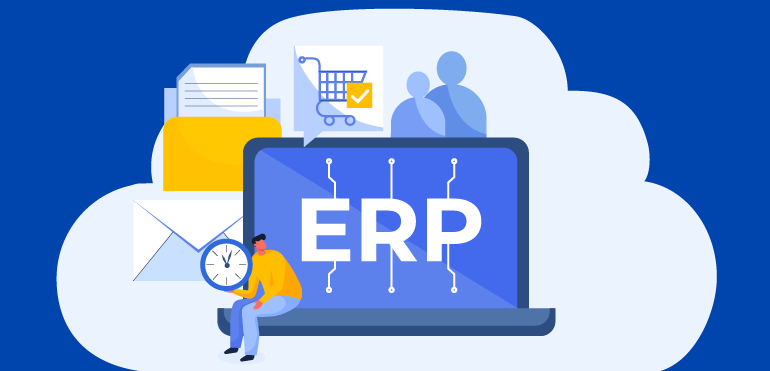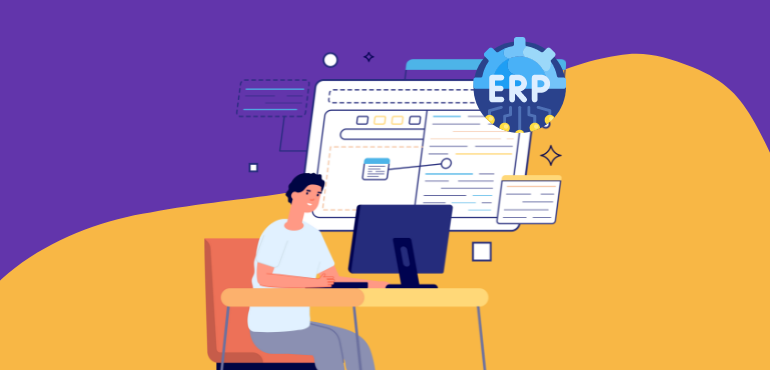
Boosting Your Traditional ERP with No-Code Low-Code: The Essential Upgrade
Reading Time: 12 minutesBill Gates once said, “How you gather, manage, and use information will determine whether you win or lose.” While this holds true for a lot of contexts, we can’t help but notice how aptly it fits enterprise resource planning (ERP) systems. They have become a critical tool for modern businesses across a range of industries.

Can No-Code/Low-Code ERP Replace Traditional ERP Platforms?
Reading Time: 5 minutesThis article was first published on Nasscom. Enterprise Resource Planning (ERP) systems have been a cornerstone of modern business operations for decades. They help companies manage their resources, streamline their workflows, and improve their overall efficiency. However, traditional ERP systems can be expensive, complex, and time-consuming to implement, making them inaccessible to smaller businesses and













